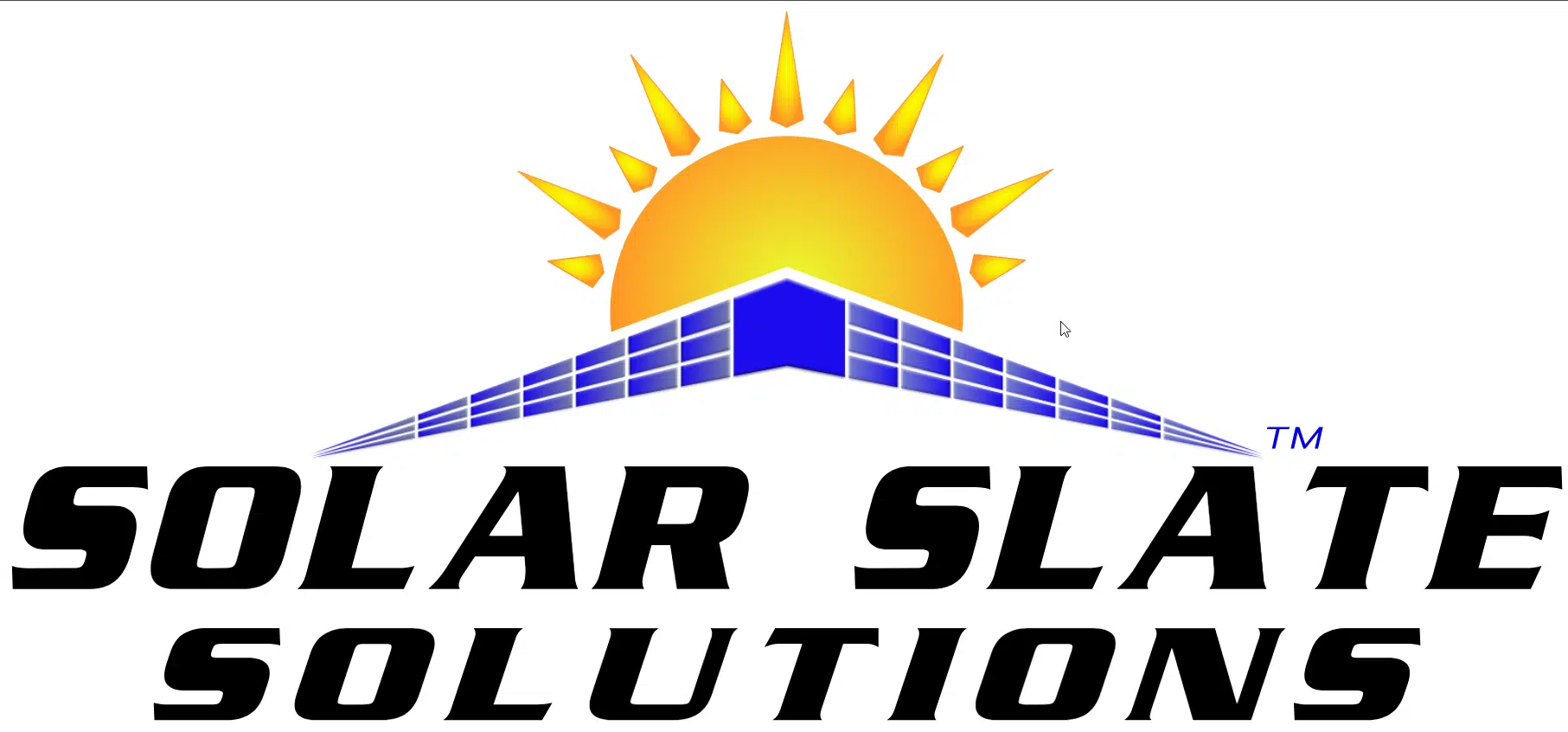New York recently became the first state to ban gas stoves in new construction. That headline grabbed a lot of attention, but for people who read beyond the headline, the fact that home heating systems that rely upon propane or fuel oil will also be banned can be discovered.
What do you think will happen as all new construction homes are required to draw from the power grid to heat their homes? Homebuilding industry experts have already stated that the electric home heating systems required to heat homes efficiently do not exist. It’s going to take a lot of power to keep everyone warm – especially during those North Country winters where the temperature can stay well below zero for weeks at a time.
Now add to that the increased demand on the power grid attributable to the switch to electric vehicles. While performance obviously varies by make and model, as well as the power source, charging an electric vehicle can take from 20 minutes to over 40 hours.
How robust is your local power grid?
Here in Massachusetts, we’ve been known to have extreme weather events, particularly in the winter. When heavy snows, winter winds, or stormy weather take the lines down, it sometimes takes many days to restore power.
But even if every day is sunny and beautiful, does the power grid that serves your home currently have the capacity to serve the increased demands due to all electric home heat and electric vehicle charging? The answer may be yes – but do you want to leave the ability to keep your home warm, safe, and comfortable to chance?
Even if you never live completely “off the grid”, having solar panels installed on your home is a smart way to provide yourself with a constant, reliable source of electricity that’s under your control.
The decision to have solar installed is one that requires time, research, and some financial investment. The long term benefits include not being dependent on an already over-stressed power grid during the coldest, stormiest part of the year.

